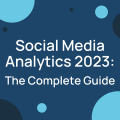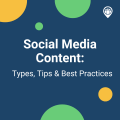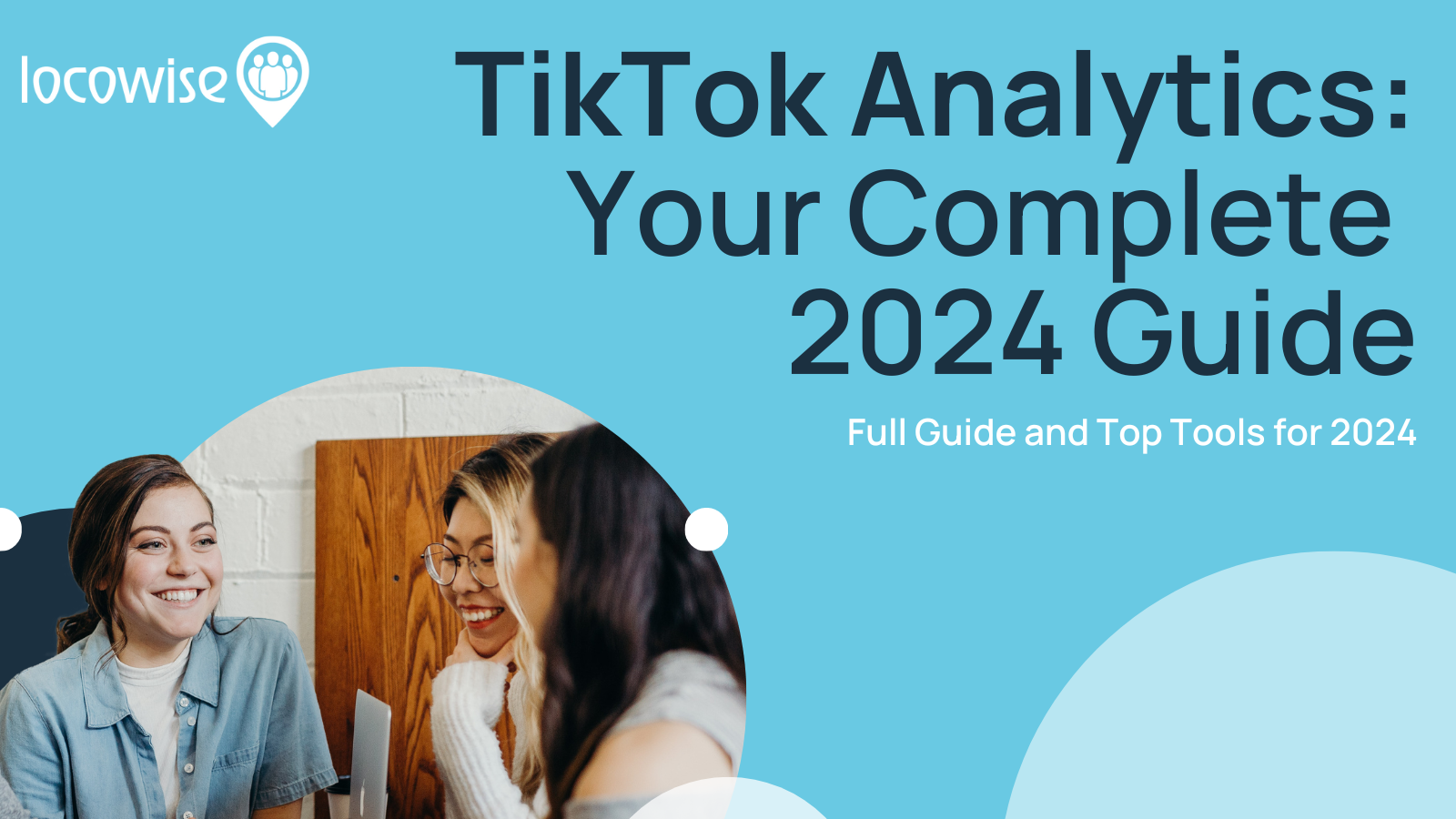How To Use Social Media To Increase The Value Of A Customer Relationship
Sahail Ashraf posted on 23 June 2017
It takes around five times more money to find a new customer than it does to retain an existing one. And using social media to do this can often be easier than you think.
The ease of use and the low cost involved in a number of social media actions means that you can put together a programme that allows you to keep in touch with existing customers, reward them, and generally make them feel like special people.
Nearly every customer you acquire has the potential to bring you more revenue in the months and years to come. You just have to cultivate that relationship in a careful and precise way.
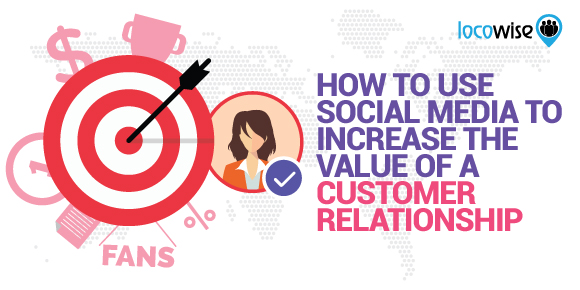
Segmentation
This is one of the key areas in which you can bring in some true customer care, and build up your database with customers who want to come back and buy again and again.
Segmenting your audience so that you have groups of customers together means that you can create unique and targeted campaigns. And outside of your standard advertising, you can also use this strategy to build up a series of tweets, for example, that give the personal and targeted touch to a particular group of buyers.
One way in which you can truly hack into the power of segmentation on social media is to offer discounts that are aimed at certain segments of buyers and prospects. Use your CRM for your set of discounts that you know meet the needs of a segment.
Then go online and check your social media accounts. A little filter work on Facebook, for example, will bring you a list of people who would most benefit from a discount on a particular product.
Get your sights on this list and give them the discount, and no one else. It’s targeted and it’s very personal. It shows you’re listening to an audience and tapping into what they need.
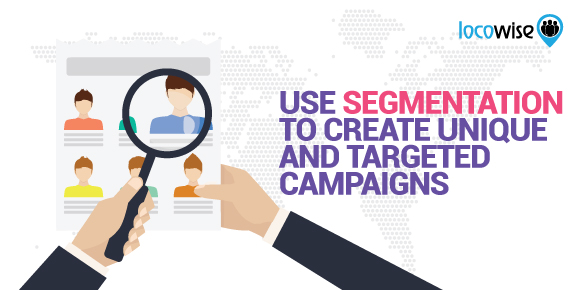
Make sure that discounts are offered alongside exclusive or tailored content. For example, if you have a segment that consists of accountants and one of your products is exclusively for accountants, hit them with some content first of all.
Use the segmentation opportunity to create content that would appeal to them as accountants. Then, pull out the discount at the end of the content series. This way you’ve engaged them and probably informed or educated them. The discount on a product that perfectly suits their needs makes sense right at the end of that journey.
Use your customers in your content
Social media has been around for a long time now, but one strand has run through the whole experience without flagging. People power.
If you feature members of your audience in your social media posts, it immediately makes for a more warm and loyal brand. Doing this, in other words, makes your brand one that people feel good for connecting with.
They will come back time and time again to buy your product because you deemed it right to feature them in your content. This can, of course, be done in so many ways. But one of the very easiest ways is through testimonials.
Many brands have pulled off this trick to great effect. Pick out a loyal customer, someone who has used your product and achieved fantastic results. Video them or link to an article in which they have been interviewed, talking about your product.
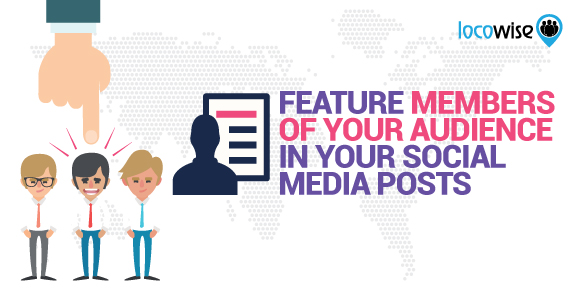
Then, ensure that the post gets shared everywhere. You’re making customers feel special, and then telling everyone else just how good your product is. If you are a little unconvinced here, just take a look at TV ads (always one step behind social) that currently show a lot of ‘real’ customers talking to the camera or being shown going about their lives.
The public like the public. They also like to see that a brand is in touch with customers, and genuinely cares.
Loyal fans
One of the key ways to boost loyalty among your customers is to introduce a loyalty program that has a place on social media. There are hundreds of turnkey solutions out there, but if you are rewarding your customers for following you on a social media channel, that’s a great place to start.
Brands may find that this is all a lot easier than they thought it was. By promoting loyalty points, for example, a brand can motivate customers to carry out certain actions online. A customer could retweet a link to their favourite post on your blog, for example, and then receive ten loyalty points for doing so.
They could even like a post on Facebook and receive loyalty points. Sure, it sounds like you’re paying for loyalty, but what you are doing is rewarding loyalty, which makes people feel part of a club and like they belong.
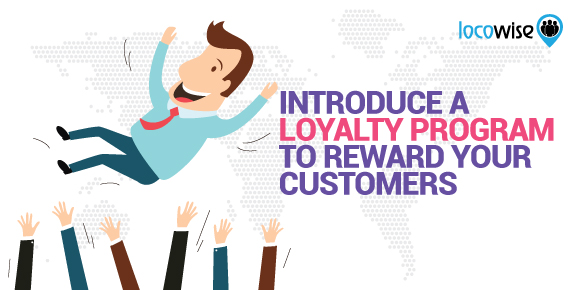
Generally speaking, the more you segment your audience and the more you reward the audience for being loyal (posting, retweeting etc on your accounts), the more likely it is that they will keep your brand in mind the next time they have to buy the kind of products that you sell.
It’s all about tailoring what you have to the needs of your audience.

